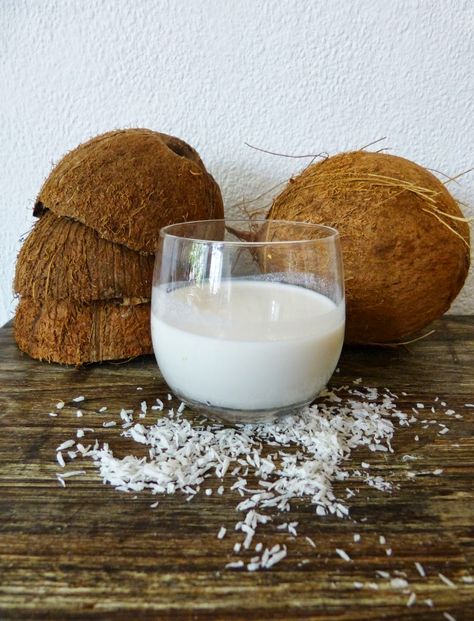All about plant-based milk
More and more people are consciously choosing plant-based alternatives as a replacement
for traditional cow's milk. Plant-based milk is becoming more and more popular the choice is
large: rice milk, coconut, almond, cashew or even hazelnut. Everything is possible.
Yet most of us grew up with milk and we all heard
once the slogan 'milk is good for everyone'. But is that really so? Well, science is not yet completely sure what the exact impact of milk is. The number of people with a dairy allergy is also increasing. If you go for plant-based, we'll give you a fact and a fable ;-).
Fabel: There is no calcium in plant-based milk
When people opt for a plant-based lifestyle, you quickly hear: 'But then you don't get all your nutrients, do you?' In fact, plant-based milk also contains calcium and other beneficial properties such as proteins. Did you know, for example, that coconut milk is made from the flesh of the coconut? As a result, you not only get healthy fats, but also iron and fiber! Not a fan of coconut? Then rice milk is a great alternative. Most rice milk varieties are packed with vitamin D, calcium and vitamin B12. And is my absolute favorite!
Fact: Plant-based milk is better for the environment
When you choose a vegetable variant of milk, this has a lower
negative impact on the environment. A study by the University of Oxford shows that the production of a glass of cow's milk releases almost three times as much CO2 as the plant-based variants. And that's not all, for a glass of rice - or almond milk you only need half water. That amount is even lower for oat milk.
Do you like to opt for a vegetable variant? First see which one suits you best
suits. Each milk variant has its own qualities.

